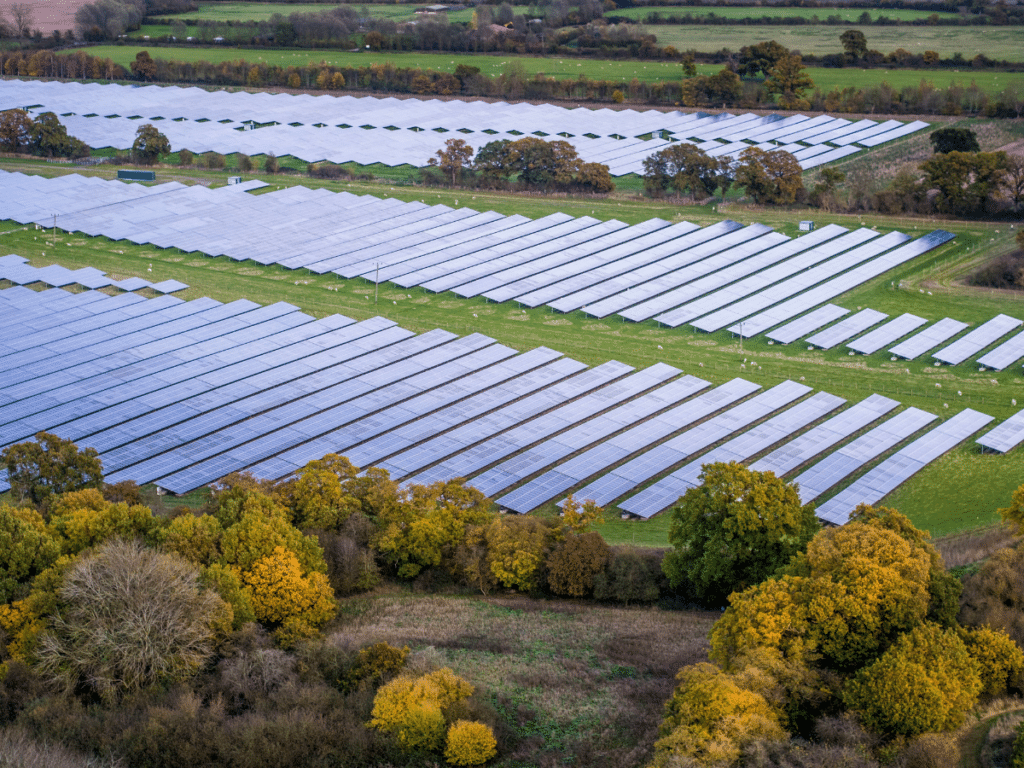If you missed it – be sure to read our blog on the types of diversification to consider on your farm; from sustainable agriculture and funding schemes to farm shops and glamping, we cover a wide range.
The risks include:
- High investment costs – stock fencing, new cultivation equipment, woodland planting, or building a farm shop all require an initial investment that can take a long time to pay off.
- Increased management costs – economies of scale work by reducing the relative impact of fixed costs and enabling the system to operate more efficiently through optimisation. Diversification can increase costs as economies of scale are inaccessible across multiple smaller enterprises.
- Market uncertainty and change – markets are influenced by a wealth of factors that are tricky to predict. Who would have predicted the impact of COVID-19 on agricultural demand and staycations? This makes investing in enterprises challenging. This is especially true for enterprises like woodland where it can take more than 40 years before timber is ready to sell. It is important to speak to impartial experts here if you’re uncertain.
- Time and staffing – the rural population is changing as more young people move to cities and others are drawn to rural areas for a variety of lifestyle reasons. This can make finding consistent staffing challenging particularly in jobs requiring in-depth knowledge and difficult working hours. Considering who can support/run your enterprises is just as important as whether there is a market.

There are also a wealth of benefits to diversification:
- Take advantage of opportunities – as we’ve outlined elsewhere, diversification can enable you to meet an untapped demand, whether this is for tourism, fresh fruit and veg, meditation, or a cappuccino and a slice of cake after a long bike ride.
- Economic resilience – diversification can also help shelter your business from economic fluctuations beyond your control. During COVID-19, if you sold all your pasture-grazed beef to local pubs you would suddenly be in a difficult situation, however, having a farm shop would provide you with another avenue to sell the beef. Similarly, as an arable farmer having some low-intensity crops in your rotation reduces your exposure to fertiliser price spikes.
- Resilience against environmental risks – single crops or enterprises can be very exposed to environmental risks such as pests, diseases, floods and droughts. A single crop variety can be wiped out by one pest but intercropped varieties as part of diverse rotation are much less likely to be. Similarly, just relying on camping can be ruined by another soggy British summer. Diversity within your business can enable you to continue generating income even if one enterprise is comprised by increasingly volatile weather patterns.
- Social impact and employment – whilst this may not be the most economic aspect, it has the potential to be one of the most rewarding. Providing space for disadvantaged individuals to learn about nature and farming can be hugely beneficial and evidence is growing about the health benefits of nature. Similarly, meaningful employment on your farm can transform the lives of people in your community.
- Environmental impact – more than just a “nice to have” positive environmental impacts can generate attractive incomes. They can also provide a sense of satisfaction and pride. Seeing populations of water voles, otters, skylarks, or barn owls return to the farm is a benefit in its own right regardless of the pounds and pence.
Looking to diversify your land?
Land App offers a host of tools to speed up land use planning, as well as specific templates for government schemes and public funding such as England Woodland Creation Offer, Countryside Stewardship and Biodiversity Net Gain.
These are just a sample of the possible risks and benefits associated with diversification. It is important to carefully outline what your specific risks and benefits are before embarking on a new venture. Mapping this out carefully can help whilst finding low-risk ways to test your new venture could help. This could be done by first trialling the enterprise in a temporary way before diving in wallet-first. It’s also worth learning from what others have tried, speaking to other farmers and people from your community in you local can help identify any early warning signs or opportunities.
Ready to start, but not sure how to get planning? Read our blog ‘5 Ways Land App can help you plan diversification‘ now.

